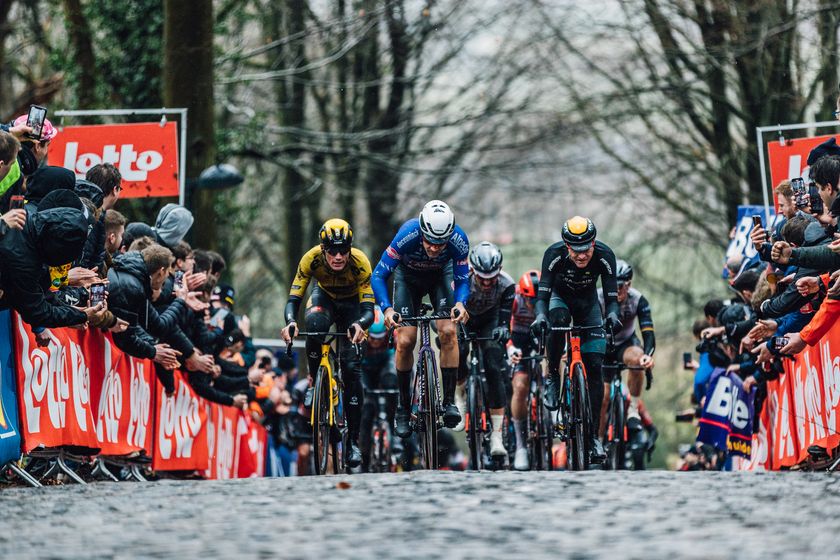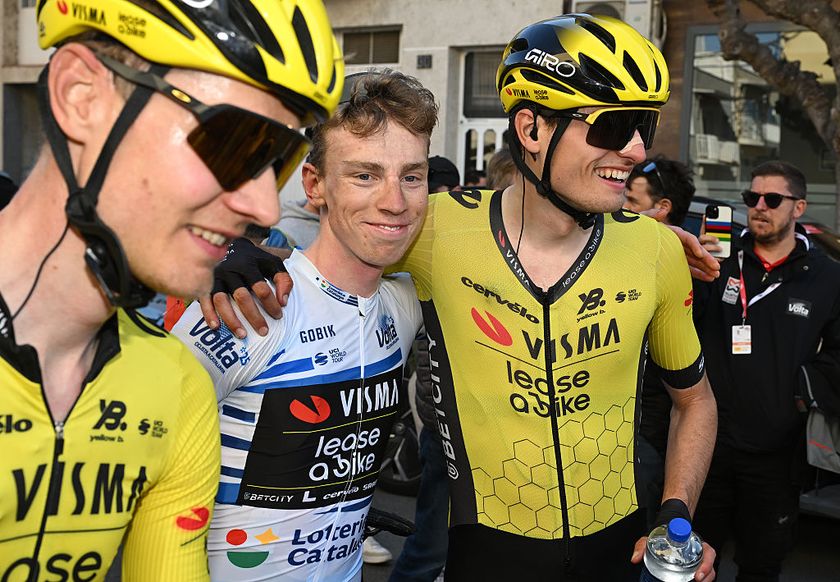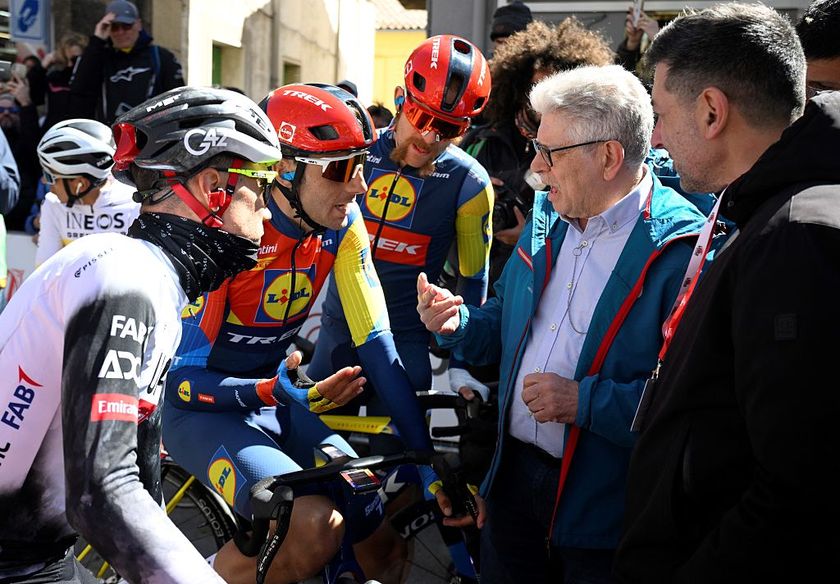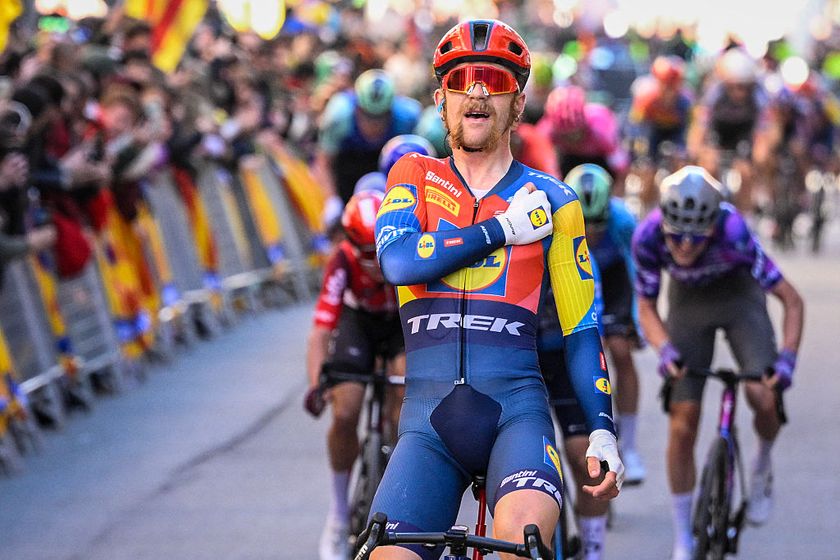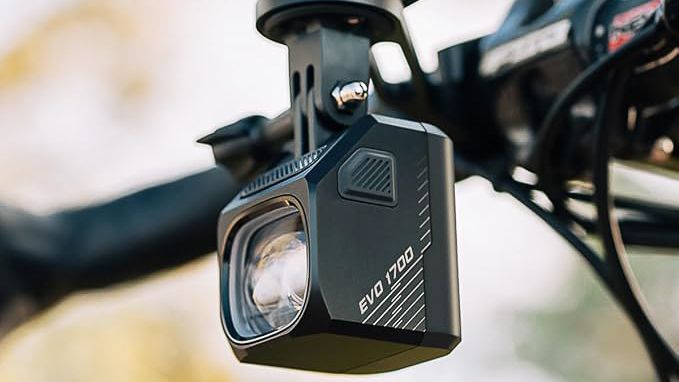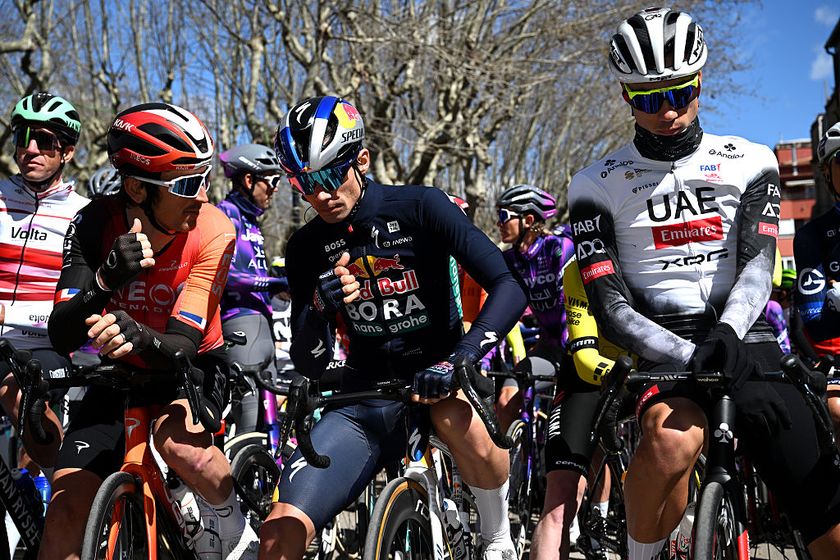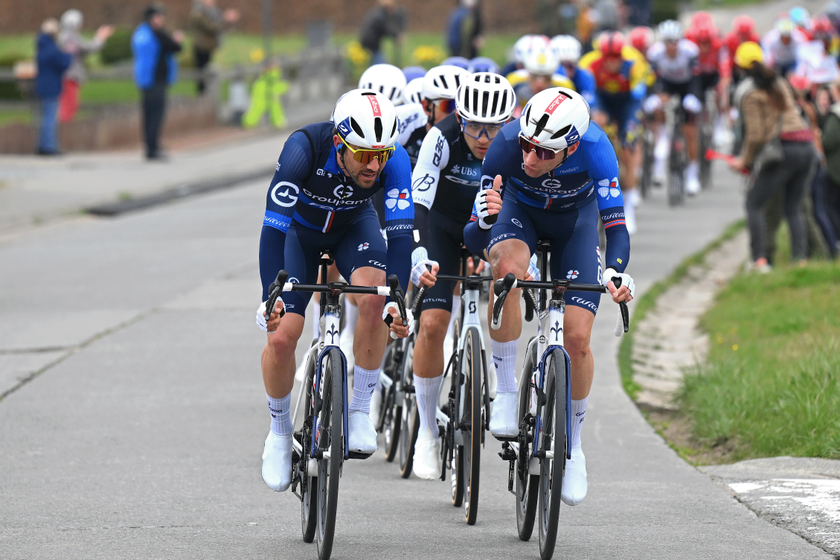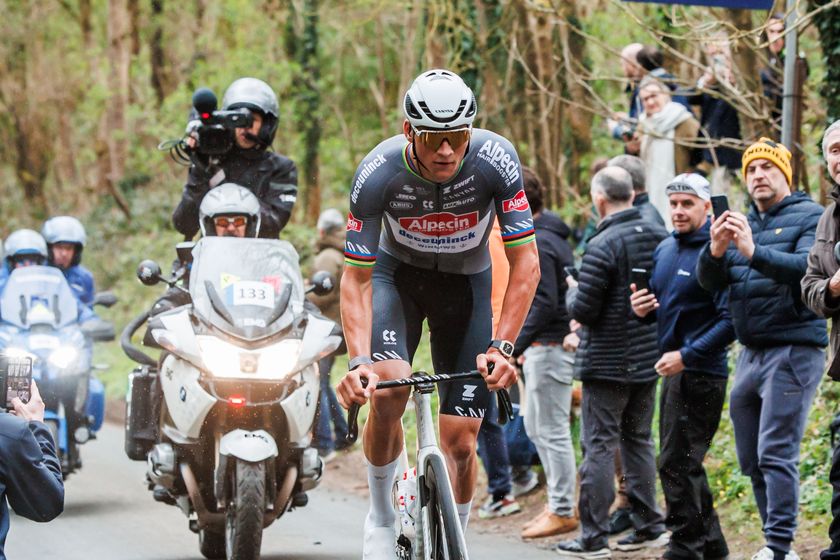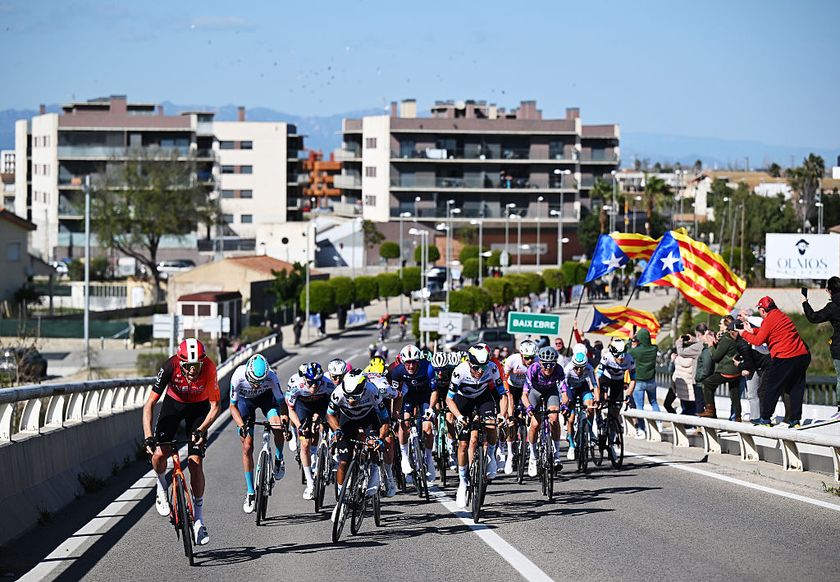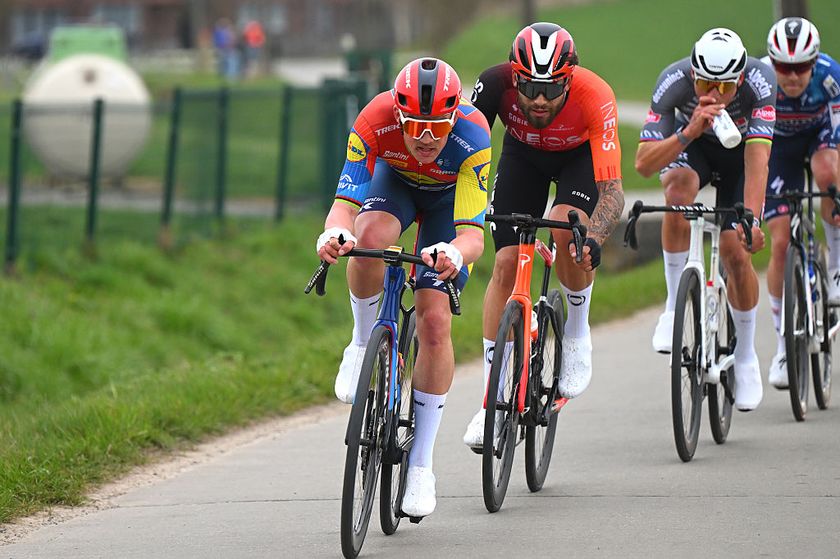De Gendt on the hunt for Grand Slam of Grand Tour stage wins
Team say Vuelta stage win is Belgian's biggest remaining career goal





Already in a long move on stage 3 of the Vuelta a España, breakaway star Thomas De Gendt (Lotto-Soudal) is once again on the hunt for a victory in cycling’s third Grand Tour.
"He tells us it's his biggest remaining career goal," Lotto-Soudal team staff tell Cyclingnews before the race begins. "He's got one in the Giro d'Italia and another in the Tour, so the Vuelta's the only one left."
De Gendt, 30, came closest to that target back in the 2012 Vuelta, when he took a second place in Cueto Negro summit finish behind Dario Cataldo. It was the same year that De Gendt took a victory on the Stelvio and third overall in the Giro d'Italia, which was followed by a win on Mont Ventoux in the wind-blasted 2016 edition of the Tour de France.
This year De Gendt has already raced impressively in the Critérium du Dauphiné, capturing the opening stage then leading for four more days. Now in his ninth year as a pro, a Vuelta a España victory continues to elude the Belgian.
"Not a lot of riders have done that before, Fabio Aru was the last one to do it in the Tour," De Gendt told Cyclingnews before the race. "So it would be a dream to get there."
In fact, that may no longer be the case, following Vincenzo Nibali's victory in Andorra, which in turn could be considered the completion of a Tour-Giro-Vuelta stage set. That depends or not whether you consider Vincenzo Nibali's second place behind Ezequiel Mosquera in the 2010 Vuelta Bola de Oro stage to be a win or not. Mosquera was 'rehabilitated' by the Spanish courts in 2015 after initially being stripped of the victory for a failed doping test. Legally, therefore, on a national level at least, the Galician climber has been re-awarded the victory, but in the official race guide history and possibly on an international level, the name of the stage winner remains blank. The jury is out on that one, probably permanently.
De Gendt initially kicked back a little after doing the Tour de France and prior to coming to the Vuelta, but he's already been back in action here. "I got a lot of rest after the Tour, I did some criteriums to keep me going, and then I went to Calpe for a training camp. I did a lot of rest there and got some adaption to the heat, I was there for eight or nine days, then came back last Saturday before getting home for three days and then moved onto la Vuelta.
Get The Leadout Newsletter
The latest race content, interviews, features, reviews and expert buying guides, direct to your inbox!
"I feel like you should feel after doing a Grand Tour - tired. But I also feel that the condition can't be bad after 3,500 kilometres of racing and I finished the Tour in a normal way, not totally exhausted. So that's good for recovery, and I just tried to make some efforts in longer training, to get that extra feeling."
The Vuelta, he says, is no more or less easy than the other Grand Tours for breakaways. "It's unpredictable. Even the days we thought there'd be breaks in the Tour, there weren't. You just have to try and be in as many breaks as possible, and then you have a chance."
After the Stelvio and the Ventoux, De Gendt says his chances of taking a win on the Angliru, a third emblematic climb, are extremely limited. But, it's indicative of how he looks at stages that he immediately produces a scenario in which he could possibly get the win.
"It's too steep. Maybe if I got in a breakaway all day that got 15 minutes at the foot of the climb then I could, but if there was somebody else with me, lighter than me, then he would win the stage. We're not looking at the climbs that are super steep. It was never possible for me to do that, I have a bit too much weight and against the climbers, weighing between 60 and 66 kilos where I'm 70 kilos - it's too big a difference. If I have a very good day, it's possible to get a good result, but winning is something else."
On stage 3 De Gendt was already in one long move which only ended on the climbs of Andorra, and as Lotto-Soudal DS Mario Aerts told Cyclingnews, "For Thomas, it's all about his legs, and if he feels good then he is gone. So obviously they were good, but he said afterwards when he got in the break they were not yet super.
"We are very hopeful that he gets even better. Most of the time, it's a decision he takes in the race itself, and then he goes. Most of the time you can predict it, but sometimes you don't know. I was not in the Tour, but I heard some days he said he wasn't feeling great beforehand, and then he was gone in the break."
Alasdair Fotheringham has been reporting on cycling since 1991. He has covered every Tour de France since 1992 bar one, as well as numerous other bike races of all shapes and sizes, ranging from the Olympic Games in 2008 to the now sadly defunct Subida a Urkiola hill climb in Spain. As well as working for Cyclingnews, he has also written for The Independent, The Guardian, ProCycling, The Express and Reuters.
